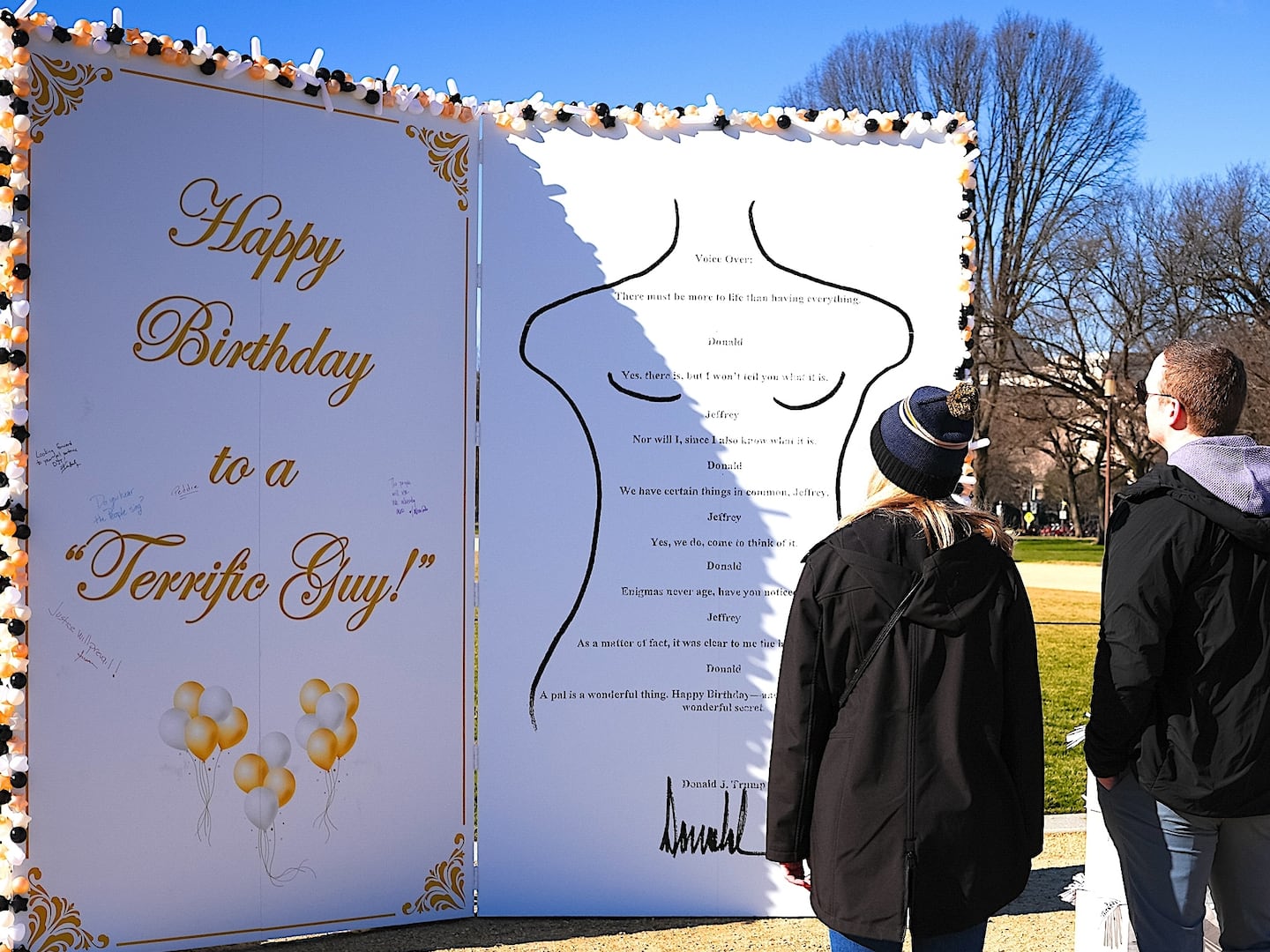“Your using been bumping—you just waiting to breakout. And I been waiting all goddamn year. I can tell that it’s near but ‘near’ ain’t here.”
Despite hit singles and a personal life that is consistently picked apart on gossip blogs—thanks to his relationship with pop diva-in-training Ariana Grande—critics have noted that Def Jam/G.O.O.D. Music rapper Big Sean has never become a top-tier hip-hop artist in the way that many of his peers have. And judging from his new album Dark Sky Paradise, Sean didn’t think so, either.
With the opening track “Skyscrapers,” Sean acknowledges that he hasn’t felt like he’s reached his full potential, recognizing that he’s never been satisfied with just “sitting at the top.” He sounds like he’s trying to convince himself of his own success; probably because Big Sean has never felt like an artist who had fully realized his ambitions. He’s arguably the most high-profile rap recruit in Kanye West’s G.O.O.D. Music stable (especially since Kid Cudi defected two years ago), but he has a tendency to come across like an artist who’s content to coast on charm, tabloid hits, and a modicum of chart success.
But Dark Sky Paradise is supposed to be the Detroit rhymer’s great leap forward—the moment where he finally lives up to the hype and assumes his place alongside the Drakes, Kendricks and J. Coles in the pantheon of contemporary hip-hop pillars. While … Paradise does represent a recognizable amount of growth for Sean creatively, it isn’t exactly the home run a lot of fans and critics have been waiting for.
Drizzy makes an appearance on “Blessings,” one of the standout tracks on the album, rhyming about the good life with the standard references to haters (“For niggas that don’t really do shit, I swear y’all be doing the most” may be the best zinger on the album) with some “Momma, I made it!” chest-thumping offset by both rappers’ reflections on the responsibilities that come along with having climbed the ladder. The catchiness of lead single “IDFWU” doesn’t entirely negate the fact that it’s one of the whiniest rap hits in a while; with Sean’s wounded ego on full display as he raps about an “unspecified” former love interest that he goes to great lengths to assure he no longer cares about. It’s juvenile and corny, but the DJ Mustard (and Kanye West)-produced beat is banging and the E-40 cameo is one for the ages.
Speaking of Yeezy, he shows up on “All Your Fault,” a track that manages to channel Kanye’s vintage soul-sampling early days and marries it to the mopey Auto-Tuned ‘Ye of recent years. Name-dropping everybody from Tom Cruise to Walt Disney and referencing police brutality and protests, Kanye all but steals the track from Sean, who delivers a decent but by-the-numbers verse about the same old stuff: your girl wants me, I’m rich and famous, so fuck you.
But the thumping synth-horns of “Paradise” is a highlight. The off-kilter production complements Sean’s boasts well, as he spits rapid-fire verses about his ambitions and his weakness for materialism. “I feel like money is the best drug,” he raps before reciting everything that makes his life better than yours: His girl looks like Janet, he has goons that won’t let anything get out of hand if you want to go there, and he worked hard to get here. These are themes he revisits constantly on the album, but on “Paradise” he isn’t as stifled by pretending he has a profound observation about it—he just lets the cockiness fly unapologetically. And it works.
The Jhené Aiko-assisted “I Know” is a moody track about a woman who seems frustrated and needs a break, with Aiko offering the counter perspective. It seems more like a strong piece of musical production than a fully developed song; the kind of track that works as background music but would bore you to tears otherwise. Lil Wayne injects some life into “Deep,” another track that features Sean attempting to address some Drake-insian angst into his musings about fame. But he doesn’t have a sharp enough perspective to offer any new observations on a subject that is really well-worn territory. “One Man Can Change the World” closes things out with another quasi-profound moment that ultimately falls short. The somber piano-driven track (with John Legend on the hook) sounds more like an exercise than a truly inspired musical moment—and that feeling is pervasive on Dark Sky Paradise. The unnamed outro is a better track, with a buoyant Darondo sample that carries Sean’s smart-alecky raps—a song that once again echoes the best of yesteryear Kanye West. He sounds most comfortable in his own skin here.
Sean’s willingness to push himself to be more than just a guy who drops ballerific rhymes with witty references is commendable, and this album is a step forward. That should be obvious. But he still hasn’t quite nailed the landing as far as delivering a project that actually succeeds in conveying weightier themes than bottle-popping. There are no A’s for effort, but that’s not to say Big Sean has failed here. Three albums in, he just still sounds like an artist who’s trying to find himself. In terms of approach, this is a solid move in the right direction. Here’s hoping he comes with something a bit more inspired the next time around.





